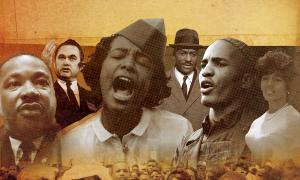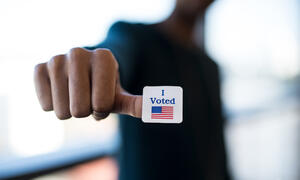article
Political Discussion Belongs in Our Classroom
I was excited by my lesson plan about the presidential elections. I planned to help students research issues and form opinions by guiding them through a variety of perspectives. Then my student teacher asked a question that surprised me. “Do you ever have parents complain about elections being discussed in school?” he wanted to know. “Why would they?” I asked.



